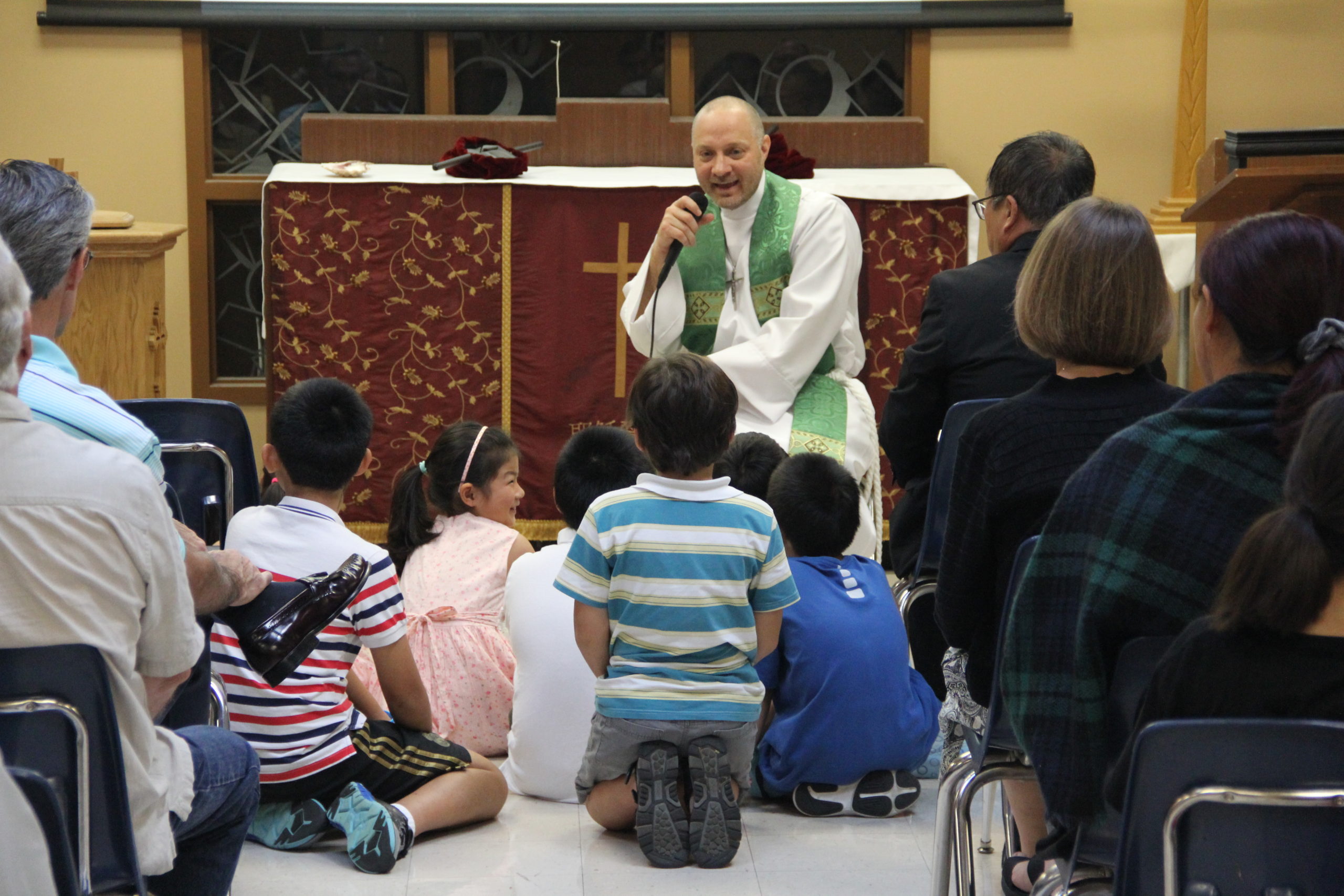
Gospel-motivated voices For Life don’t only speak in churches.
They speak in communities. They speak in courtrooms. We speak at cash registers. We speak at capitols. We speak in shared spaces and public places. We love our neighbors not only as faithful Christians. We also respect and protect the least of these as responsible citizens. And in the democratic process, legislatures have offered abundant opportunities to put the sanctity of life into practice so far this year.
Famously (or infamously), the governments of New York and Illinois not only considered but succeeded in expanding abortions. These states’ representatives and executives removed existing restrictions and now allow the killing of unborn children for any reason at any time during pregnancy. Illinois also repealed its previous prohibition of the partial-birth procedure that ends the child’s life in the process of delivery itself.
However, even more jurisdictions addressed abortion in the other direction. Four states increased limitations and punishments for abortion. Arkansas and Utah recognized it as a crime when perpetrated after 18 weeks gestation (although Arkansas permits exceptions for sexual assaults). Missouri outlawed it after eight weeks, and Alabama categorized all abortions as felonies for doctors to perform.
Five additional states voted to safeguard prenatal lives after the detection of a heartbeat. Georgia, Kentucky, Louisiana, Mississippi, and Ohio banned such abortions (usually after a gestational age of six to eight weeks) despite courts historically declaring similar laws unconstitutional. Louisiana’s regulation was signed into law by Democratic Governor John Bel Edwards.
Two states, Indiana and North Dakota, agreed to disallow the violent dilation-and-evacuation abortion method. Also known as dismemberment abortion, this procedure removes the baby from the womb a limb at a time. Almost all second-trimester abortions utilize it, and eight other states (Arkansas, Kansas, Kentucky, Louisiana, Mississippi, Ohio, Oklahoma, and West Virginia) already reject D&E abortion. North Carolina, Rhode Island, South Carolina, Washington, and federal lawmakers also deliberated it during the most recent term.
Five states (and Congress) introduced the Pain-Capable Unborn Child Protection Act in 2019. Delaware, Florida, Maryland, Missouri, and Washington proposed refraining from abortions after the child begins to feel pain. Substantial medical evidence has established that pain sensation in an unborn child begins no later than 20 weeks gestation. Though opponents prevented these bills from passing everywhere but Missouri, 20 other states have enacted this protection (two have been blocked by court order).
Several further states (and Congress) weighed Born-Alive Abortion Survivors Acts. These initiatives require intervention and care when a little one lives after an attempted abortion. Medical professionals who refuse life-saving and life-supporting measures in these situations face prosecution. Alabama, North Carolina, and Wisconsin saw legislatures approve such legislation, but while Alabama’s governor signed the law, the other two governors vetoed it.
The Abortion Pill Reversal Information Act went into effect in five states. This law mandates that physicians disclose information about counteracting chemical abortions before completion of the two-pill protocol. If progesterone (a natural hormone) is administered before the second drug is ingested, a regretful mother can save her baby’s life. Arkansas, Kentucky, North Dakota, Nebraska, and Oklahoma joined five more states who already insist on this service.
New Jersey and Maine decriminalized physician-assisted suicide this year. They became the seventh and eighth states to do so. (Voices for Life in Maine has undertaken an effort to subject the policy to a ballot initiative; if they gather 80,000 signatures in 60 days, the matter goes to public vote next June.) Fourteen other states also introduced bills to legalize doctor-prescribed death this year, but these were defeated or not voted on (Arkansas, Arizona, Connecticut, Kansas, Indiana, Iowa, Maryland, Nevada, New Hampshire, New Mexico, North Carolina, Rhode Island, Utah, and Virginia). Arkansas and Oklahoma actually strengthened their official opposition to it.
Finally, the federal Department of Health and Human Services acted for life in 2019 as well. The President’s administration revised its Title X (family planning) funding to exclude any entity that performs or refers for abortions. Then they directed the National Institutes of Health to discontinue all experimentation requiring new acquisition of aborted fetal tissue (some $100 million in projects!), and at the same time HHS committed $20 million to developing ethical alternatives.
And this year is only half over! No doubt upcoming legislative sessions will bring even more chances to declare and demonstrate how God loves life. May our Lord and Savior bless you—and your elected representatives—with courage and compassion as you seize those opportunities!
Photo: LFL Executive Director Pastor Michael Salemink recently shared a children’s message at his congregation’s Chinese mission (Light of Christ, Olivette, Missouri) about how God creates, redeems, and calls every human life to be His own precious treasure forever no matter what age, appearance, or ability.